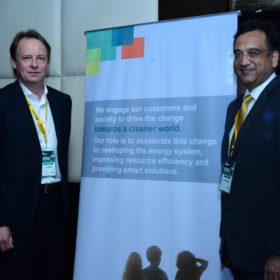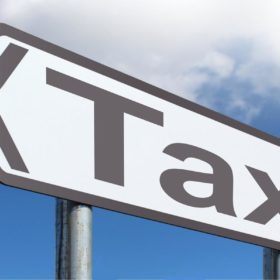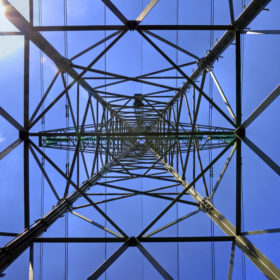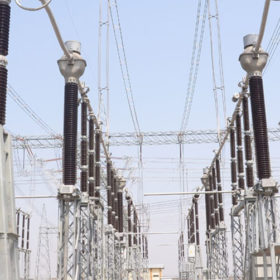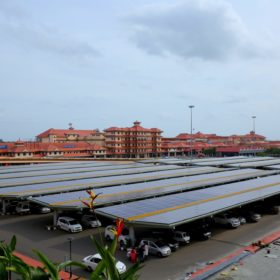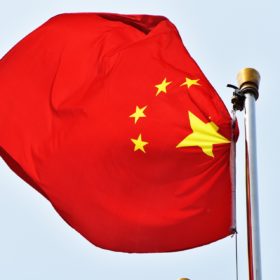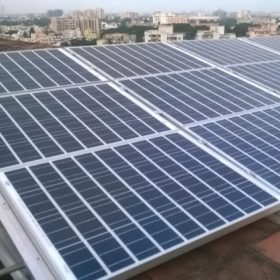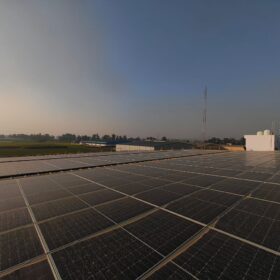Opportunities beyond solar and EVs: Fortum interview
Waste-to-energy, battery lifecycle solutions and hazardous waste management will make up an increased share of Fortum’s business in future. While solar will continue to be a mainstay for the Finnish clean energy company in India, Fortum wants to deepen its presence in the electric vehicle space with smart solutions, according to Sanjay Aggarwal, the company’s India MD, and Juha Suomi, area director for Asia, who spoke exclusively to pv magazine.
Delhi High Court orders tax review for solar projects
The court appears to have sided with solar developers who are complaining about a revision made late last year which ensured only 70% of the costs associated with PV project establishment would qualify for a discounted rate of goods and services tax.
Only two bidders for Gujarat’s 1 GW solar tender
The procurement – for PV capacity at the Dholera Solar Park – attracted bids for just 300 MW as developers shunned a tariff ceiling of Rs2.75/kWh.
Power-surplus Karnataka state says no to new solar
India’s leading solar region has been forced to apply the brakes to new solar with its power distribution companies having fulfilled their renewable purchase obligations for the next two years. Projects driven by federal agencies will continue, however.
US investor KKR and Singapore’s GIC own 42% stake in Sterlite Power’s grid trust
KKR has also applied to become a co-sponsor of the power infrastructure investment trust and plans to acquire additional 15% stake in it. The deal marks KKR’s first infrastructure investment in Asia.
Tata Power added 200 MW renewables in FY 2018-19, another 400 MW in pipeline
The company has identified renewables, transmission and distribution, and value-added businesses such as rooftop solar, smart metering, electric vehicle (EV) charging stations and micro grids in rural areas as key growth areas.
Gujarat re-tenders 700 MW of solar but response is lukewarm
Reduction in solar park charges was not enough to attract developers in the same numbers that flocked to a separate 500 MW exercise two months earlier. The Raghanesda Solar Park continues to be a headache after a previous attempt was cancelled because the tariffs were deemed too costly.
Interview: Damian Miller, CEO of rooftop solar supplier Orb Energy
Founded in 2006, Bengaluru-based Orb is a rooftop solar provider that manufactures panels and provides finance for SMEs through a collateral-free loan that matches the payback period for its solar systems. Orb has sold more than 160,000 units in India, with cumulative installations of around 65 MW of PV rooftop capacity.
China confirms FIT level payments – but they will be ‘subject to competition’
The Beijing authorities have confirmed the payment levels to be made according to type of project and region from July onwards but an auction process will be involved so the figures are for guidance only. No decision has yet been made on the 30 GW of capacity added since the end of May.
World Bank to support efficient, clean cooling in developing countries
By 2050, energy use for cooling is projected to triple. Also by 2050, demand for cooling in countries such as India, China, Brazil, and Indonesia will grow fivefold, putting pressure on already strained energy systems and hampering efforts to curb climate change.
